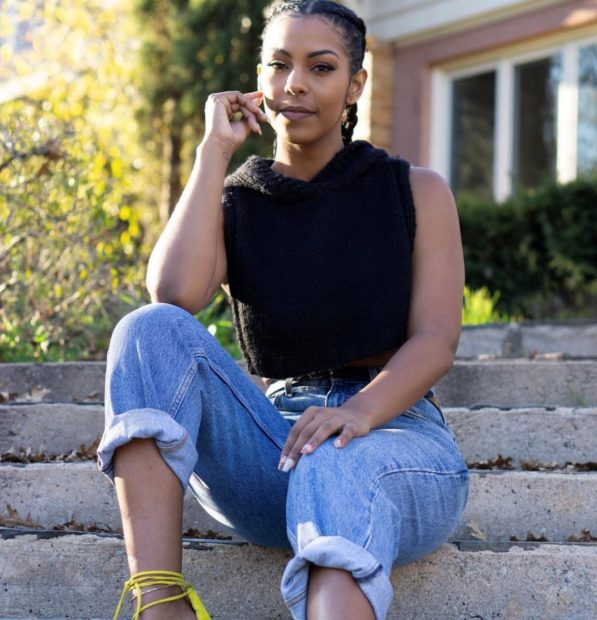Blog and News
March 11, 2021
Why Teaching Black History Year-Round Is Crucial, Not Just During Black History Month
Blog
By: Eilidh Branson, KIPP WAYS Academy
In 1926, Carter G. Woodson and other like-minded African Americans pioneered the idea of ‘Negro history week’. This week would subsequently evolve into what we now internationally celebrate as Black History Month. Woodson sought to develop a nation that celebrates Black history, not as a separate entity, but as an integral part of all world studies. He envisioned a future where the need for a ‘Negro history week’ would be extinguished. However, after the 95th anniversary of the tradition, we find our country still clinging to Woodson’s temporary fix as though it were meant to be a long-term solution. Teaching Black history year-round is the cornerstone to reparations. It helps to create unity by eliminating the divisive ideologies that exist between racial groups in America. It promotes the idea that Black history is a crucial element of world history. It supports the narrative that Black history and thereby Black people are valued in American culture.
America has a pervasive culture of division that has been on display for years, particularly in recent events concerning the presidency. Newly elected president Joseph R. Biden ran for office on the message of unifying the country. If we are striving towards unity, then our starting point should be in our classrooms. Healing and growth begin in the place where a child develops their sense of self and understanding of the world around them. When Black history is a part of a full year’s curriculum, we create more equitable classrooms and provide children with the space to explore history from varying perspectives. Difficult but important conversations about race and culture can take place in a classroom that promotes inclusion. Without these safe spaces to ask questions and learn, children are forced to make conjectures about other races. Equitable teaching cannot take place without an equitable curriculum that tells all sides of the story.
When the stories and contributions of Black people are included in the yearlong curriculum of schools, it teaches individuals to value and respect Black history and people. As a teacher at KIPP WAYS Academy, I have spent the past 5 years attempting to show my scholars how beautiful their history is and how to navigate a world that often tells them differently. I have seen firsthand the positive impact of teaching Black history year-round. For example, I have witnessed scholars make colorist jokes or use ‘disses’ rooted in racism to hurt other scholars they were having a disagreement with. Whenever this happens, I have a unique opportunity to use my history lessons as an instrument of discipline. I am able to show scholars the truth about where those types of ‘jokes; originate. I am able to open my scholars’ perspective and help them become more conscious of their words and actions. This is one simple way that Black history education shapes character development. As my scholars continue to learn about their ancestors, they are awakened to their greatness and to the greatness of their peers.
Yearlong Black history education fortifies the acknowledgment of Black citizenship. During some of the most critical developmental stages, many Black children are misled to believe that their history begins in the servitude of White slave masters. Many American classrooms introduce Black history to students by beginning with the time period of slavery. It is also worth mentioning that this was a time when Black people were not even considered human, much less citizens. By doing this, educators contextualize Black history with violence and oppression. We must teach Black history year-round in order to encourage all races not only to accept Black citizenship as valid but to embrace it with open arms.
To close I would like to leave you with this quote from the revolutionary work of Paulo Freire. “There’s no such thing as neutral education. Education either functions as an instrument to bring about conformity or freedom.” We can accept the simple truth that education is in fact an instrument. This instrument has been used for hundreds of years to play the same songs of inequity that silence Black stories from being told. We have inherited this cultural routine of oppressiveness, but we are not compelled to continue it. We each have a choice to conform or resist, to perpetuate, or defy, and we can choose to use the instrument of education to empower our scholars. We can offer future generations so much more than the restricted history they are being taught. I implore the educational leaders of today to be bold in their actions and to incorporate Black history into every part of their pedagogy. Do this until it is no longer a bold action in American culture, and then do it some more. Because Black Lives DO matter and Black History is American history.